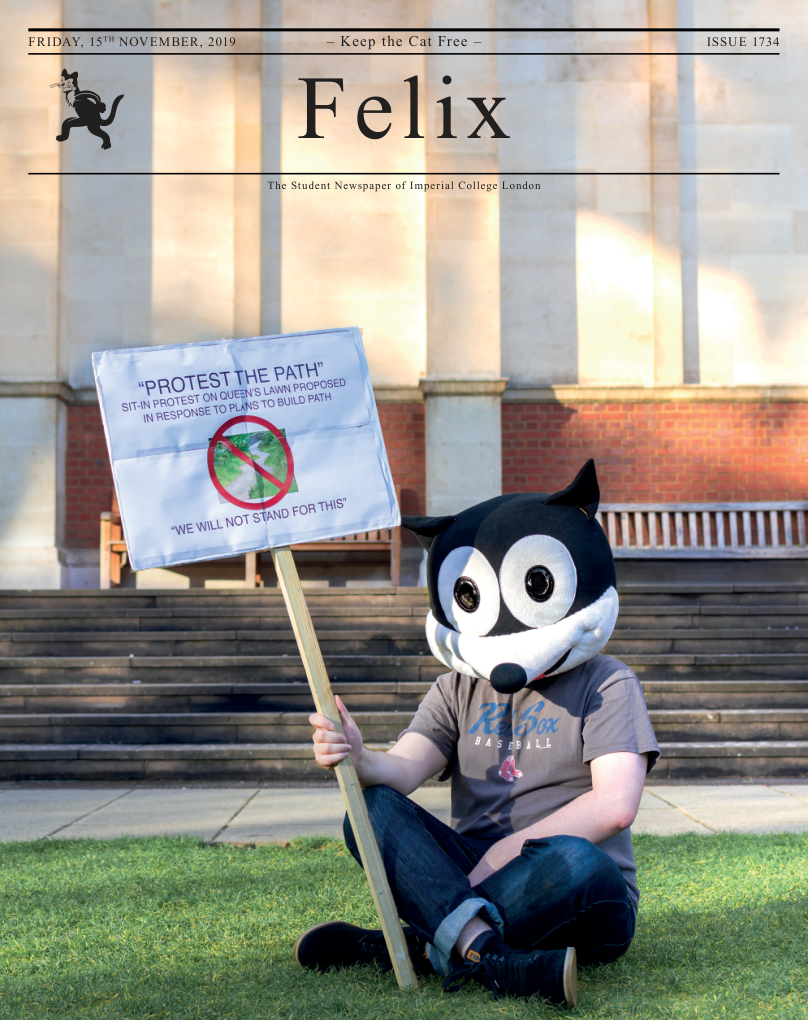The Unacceptable Situation in Xinjiang
Comment writer Qyum Noor writes about the unnacceptable acts committed towards the Uighurs in China
Felix published an article recently, highlighting how China exerts its economic muscle to manipulate the behaviour of companies and cajole them into turning a blind eye to many human rights abuses; in return, allowing businesses’ access to the large Chinese market, shamelessly forgoing ethics in pursuit of profit.
See "Companies in China", by Charles Titmuss.
Unfortunately this moral problem of abatement & appeasement is not only confined to companies but over the years has extended to countries as well. Beijing has been able to coerce and apply political and economic pressure to countless sovereign nations.
In July, 22 mainly Western countries issued a joint statement to the United Nations Human Rights Council denouncing the ongoing flagrant human rights abuses in the Xinjiang region of China, the home to ethnic Turkic Uighur people, in a brazen attempt to erase Uighur populations distinct culture and Muslim heritage, by forcing them to assimilate to what the government sees as superior Hans Chinese culture. It is estimated between three to four million Uighurs have been imprisoned into internment camps and there have been widespread horrifying accounts of Uighurs being subjected to systematic human rights abuses from inhumane and degrading medical experiments, mass sterilisation, gang rape, mental and barbaric physical torture resulting to unconfirmed number of deaths. In response to the letter, 37 countries wrote a rebuttal defending China; not surprisingly most of these countries had substantial inflow of Chinese investments worth up to several billion of dollars. Any dissent and failure by these countries to toe the line, could easily lead to Beijing withdrawing their investments at a moment’s notice. Last week China warned the US that criticism of Uighur ‘detentions’ is not ‘helpful’ for trade talks between their countries.
Beijing’s PR machine argues that the internment camps are for ‘re-education’ and to wipe out signs of extremism, which it defines as anything including but not limited to praying, fasting, uttering the Islamic greeting “As-salamu alaykum” (meaning peace be upon you) or just having a short or hipster style beard. Uighur toddlers have been forcibly snatched away from their families and placed into crowded orphanages run by the communist party; Beijing hopes these young children will one day grow up having no idea about their Uighur identity. Just this week it has been reported Muslim women have been ‘forced to share beds’ with male Chinese officials after their husbands are detained in camps.
Anyone defending these cruel and inhumane practices wherever they take place in the world need to think carefully before defending the indefendable and becoming a mouthpiece of oppressive governments. Just imagine how you would feel if this were to happen to your mother, father or close family? I hope my Chinese friends and friends from other parts of the world understand this point and take the opportunity to experience living away from home in a free society away from closely controlled environment where they have grown up in and realise what is happening in some countries is not the norm and is unacceptable.









